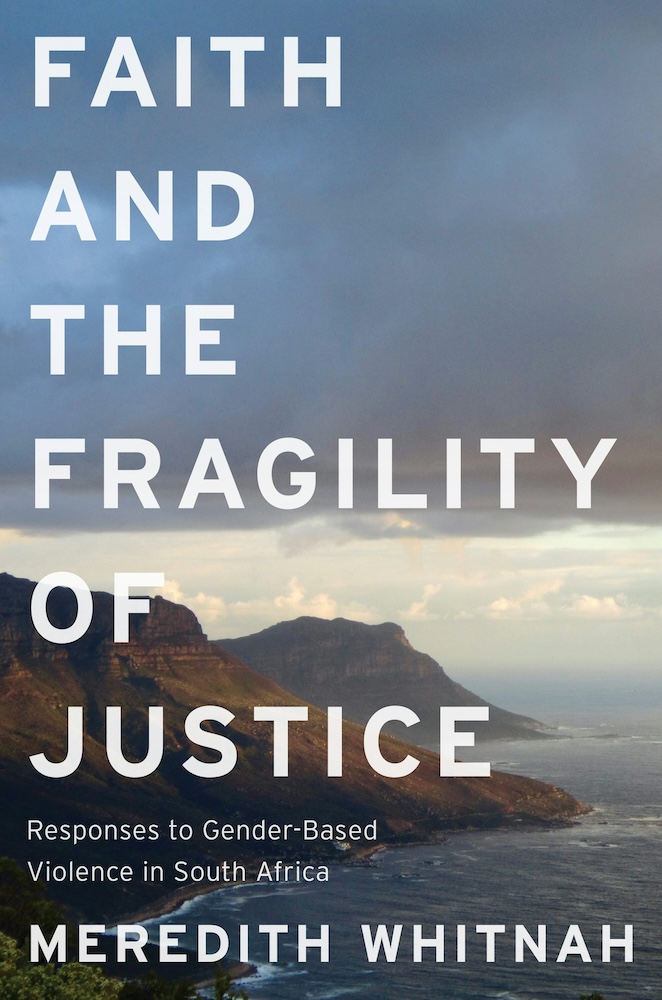Faith, Power, and Change: How Religious Movements Are Reshaping Social Justice

Exploring the Intersection of Faith, Race, and Social Justice
Westmont College's sociology department chair, Dr. Meredith Whitnah, is set to unveil groundbreaking insights into the complex dynamics of religious responses to social injustice. In an upcoming reading and Q&A session with Provost Kim Denu, Dr. Whitnah will discuss her compelling new book, Faith and the Fragility of Justice: Responses to Gender-Based Violence in South Africa.
The event promises to be a thought-provoking exploration of how race and gender intersect with religious perspectives on social challenges. Scheduled for Friday, April 25, from 3:30-5 pm in Westmont's Global Leadership Center, this presentation offers a unique opportunity to delve into Dr. Whitnah's extensive research on the critical issues of gender-based violence and religious community responses.
Attendees will gain valuable insights into the intricate ways religious communities navigate and respond to social injustice, with a particular focus on the South African context. Dr. Whitnah's work challenges readers to reconsider traditional understanding of faith, justice, and social responsibility.
